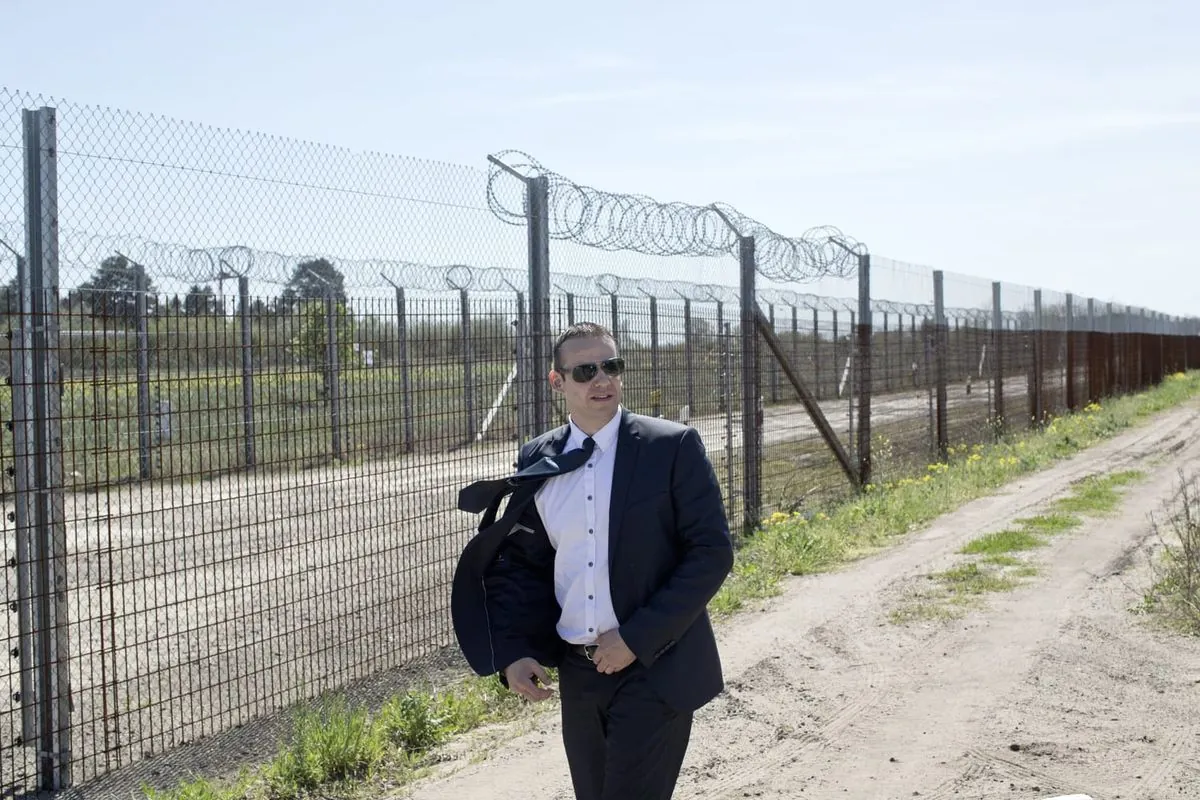Hungary is considering legal action against the European Union to recover costs associated with border protection, potentially exacerbating tensions over the country's restrictive immigration and asylum policies. Gergely Gulyás, chief of staff to Prime Minister Viktor Orbán, announced this development during a recent press conference.
According to Gulyás, Hungary has invested approximately 2 billion euros in safeguarding its external Schengen border over the past few years without receiving any financial support from the EU. The Schengen Area, comprising 27 European countries, allows for free movement across internal borders. Hungary joined the EU in 2004 and became part of the Schengen Area in 2007.
The conflict between Hungary and the EU has intensified following a June 2024 ruling by the European Court of Justice. The court ordered Hungary to pay a 200 million euro fine for consistently violating EU asylum rules, with an additional daily penalty of 1 million euros until compliance is achieved. Hungary has delayed payment of these fines, with a looming deadline of September 17, 2024.
In response to the fines, the Hungarian government has proposed offering free bus transportation to Brussels for individuals granted political asylum. Gulyás clarified that this offer would only apply to those who have received asylum through legal procedures in accordance with EU regulations.
Hungary's approach to immigration has been a source of contention within the EU. The country has implemented controversial measures, including the construction of a border fence along its southern frontier with Serbia and Croatia, and the introduction of "Stop Soros" laws, which criminalize assistance to illegal immigrants.
The ongoing dispute highlights the challenges faced by the EU in maintaining a unified approach to migration and asylum policies. The Common European Asylum System (CEAS) aims to harmonize procedures across member states, but countries like Hungary, part of the Visegrád Group, have strongly opposed certain EU migration policies.
Recent developments have also raised concerns about the future of the Schengen Area. Gulyás criticized Germany's decision to implement border checks along all nine of its frontiers to curb irregular migration, stating, "Migration will tear Schengen apart. Germany is the one that is tearing Schengen apart."
As tensions escalate, the EU faces the challenge of balancing member states' sovereignty with the need for a cohesive approach to migration. The principle of non-refoulement, a cornerstone of international refugee law, further complicates the situation by prohibiting countries from returning asylum seekers to places where they may face persecution.
The outcome of this conflict could have significant implications for EU migration policies, the future of the Schengen Area, and the relationship between member states and EU institutions.
